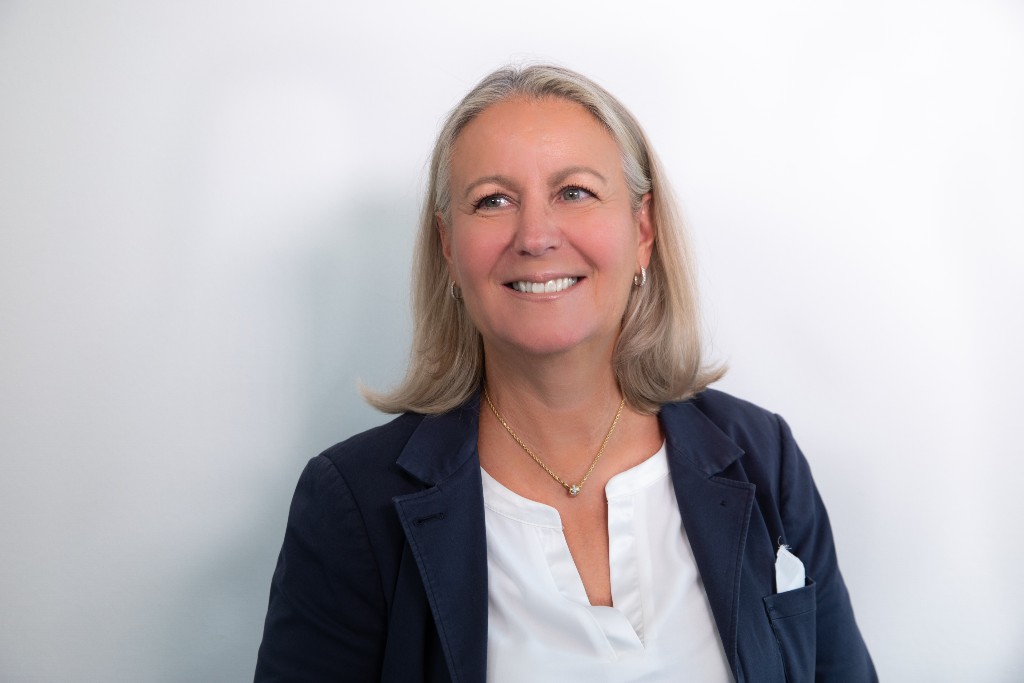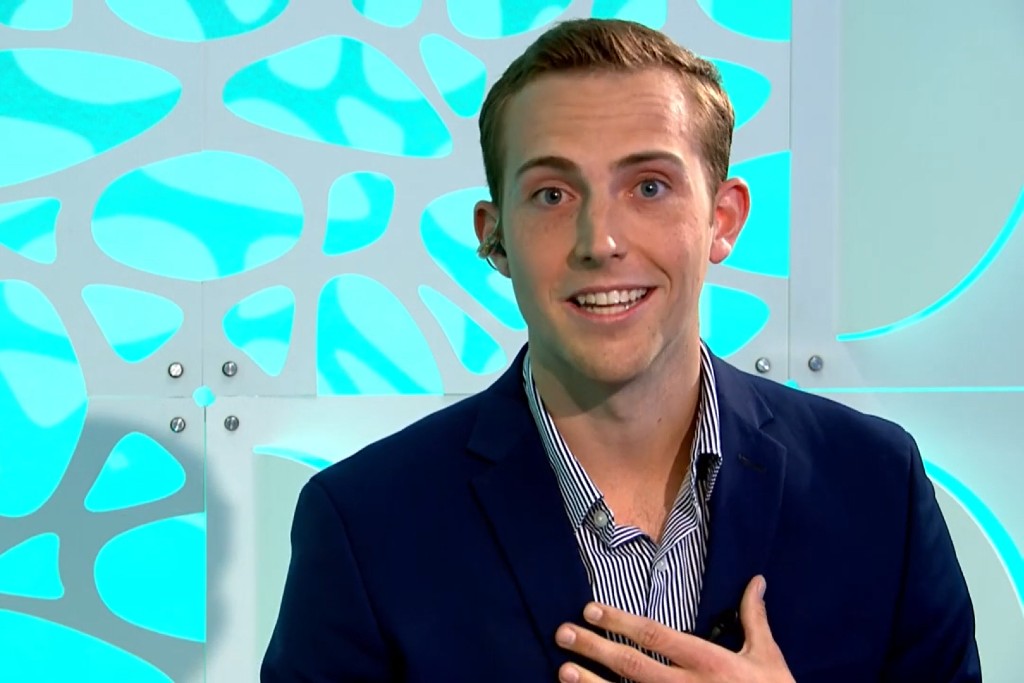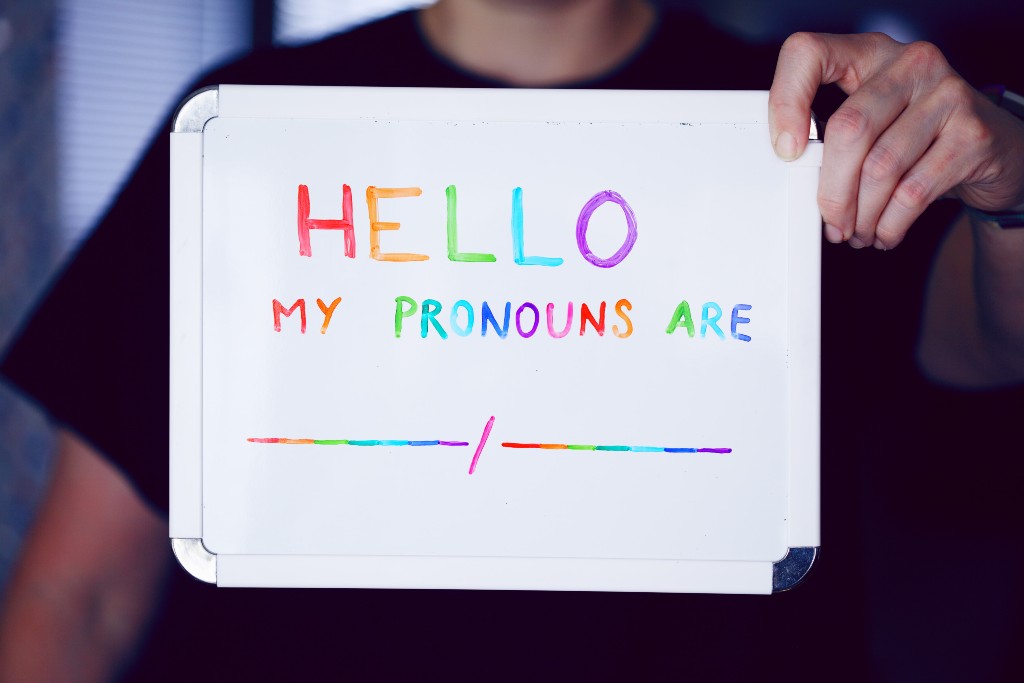In spite of all the progress in the fields of diversity, equality, and inclusion, people with disabilities find themselves locked out of the labour market time and time again. The situation remains even more complicated for those living amid armed conflict situations and in other situations of violence. One of the biggest barriers these communities face is the lack of opportunities to prepare themselves for employment and increase their chances of job success.
Kadidjatou Amadou Salifou lives in Niger, a country in West Africa. Salifou was just two years old when she lost the use of both legs after contracting polio. In spite of the difficulties she faced, she was determined not to be excluded from life.
“I refused to be physically and psychologically devastated,” she said. “I kept saying to myself ‘And now, what to do?’ I knew my family had high expectations of me.” At school, she often found herself the subject of pity and was bullied by her peers. She left school at the age of 15 and took a vocational training course designed for people with disabilities where she learned how to sew. After successfully completing her sewing diploma, Salifou was provided a sewing machine so she could continue to develop her skills.
“I was happy to be there because I was discovering for the first time an environment where I did not inspire any pity,” Salifou said. “It took me a while to perfect myself, but I managed to do it.”
Salifou decided to take the next step and open her own workshop, where she produced items for women and children. In addition, she also provided free training for other people with disabilities.
However, it was the onset of the COVID-19 pandemic that presented her with some of the biggest career opportunities. When the pandemic started, Salifou joined a group of Nigerien tailors with disabilities, most of who were women, on the ICRC Career Development Programme (CDP).
The CDP is an initiative created through a partnership between the Adecco Group Foundation and the International Committee of the Red Cross (ICRC) and its goal is to support people with disabilities and help them to achieve their full potential in society by providing career training, enhancing employer and governmental awareness, increasing access to jobs to enable a more inclusive workplace, and providing self-employment support.
Through the CDP workshops, the Nigerien women’s collective began learning to sew face masks and contribute towards reducing the risk of infection in their local communities. From there, Salifou and her fellow tailors were given further training on basic business skills, enabling them to expand mask production and develop their efforts into a sustainable social enterprise led by women. At the end of 2020, the business employed around 300 tailors with disabilities and produced face masks for sale in both Niger and abroad.
“I have personally made over 4,000 masks, and today I am receiving large orders from customers all over the country,” Salifou said. “In turn, I have trained more than 20 disabled women in the production of handmade masks, and I shall continue to share and to train.”
Salifou also developed a passion for Paralympic sport, and today, she excels in fields such as weightlifting, javelin throwing, table tennis and wheelchair racing. She’s won gold, silver and bronze medals in numerous regional and international competitions representing Niger. Financial support and other support from the ICRC helped the Nigerien Paralympic Committee to train people with disabilities, enabling them to take part in tournaments in Niger and elsewhere. In addition, they organise events that promoted the social inclusion of persons with disabilities.
The Adecco Group Foundation is positioned within the Adecco Group as a Social Innovation Lab to drive impact across the areas of workforce readiness for the underserved. As a co-creator of the CDP it plays a vital role in identifying underserved populations all over world and the challenges that keep them out of work, co-creating solutions to meet their needs, and then accelerating these into viable programmes to take forward in partnership.
The CDP has a global network of ICRC Disability Inclusion Advisors trained to work in three main areas; career development, self-employment support, and awareness-raising and partnership-building with local stakeholders. In the area of career development, for example, the inclusion advisors are tasked with organizing workshops for people with disabilities on the skills that they need to find meaningful employment, including resume writing, networking and interviewing.
Building on the CDP’s previous and current successes, the global Adecco Group Foundation and representatives from the ICRC have been working closely with the national Adecco Group Foundations in France, Germany, Italy, Spain, and the USA to share best practices and learn from each other to create further employment-readiness opportunities for people with disabilities.
“Through this partnership, the Adecco Group Foundation is able to leverage its career transition and employability expertise, alongside the reach and credibility of the ICRC, to improve access to the labour market for people with disabilities in some of the most difficult circumstances around the world,” says Cynthia Hansen, Managing Director of the Adecco Group Foundation.



